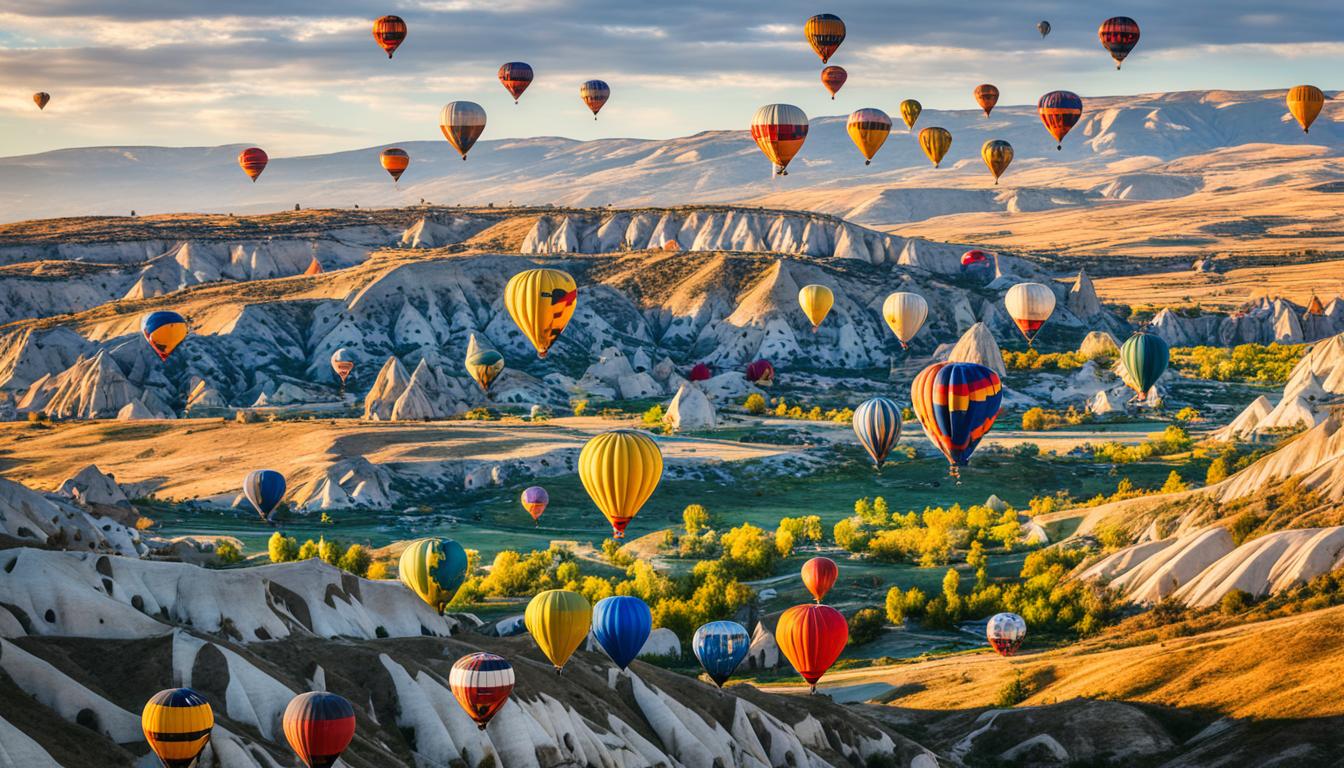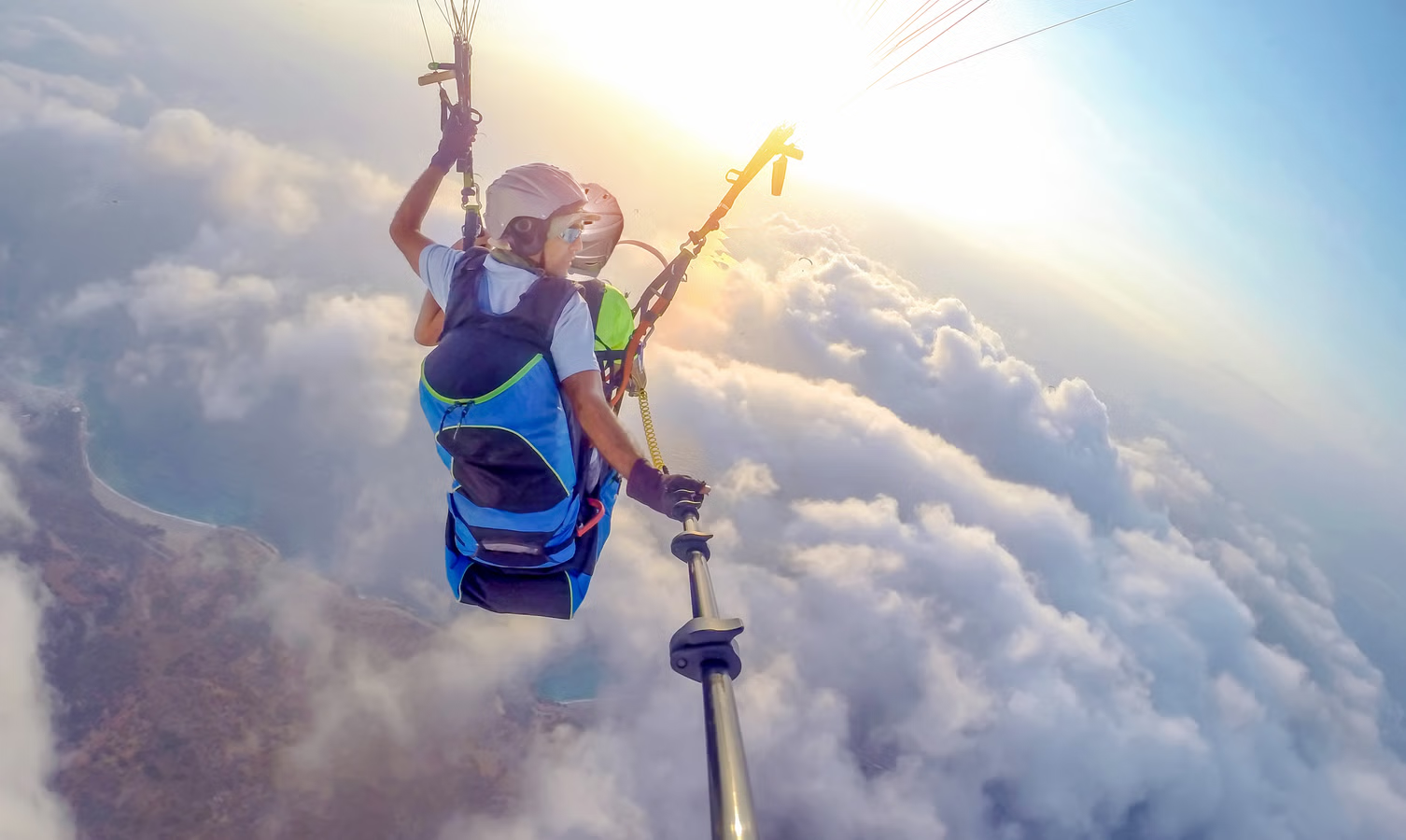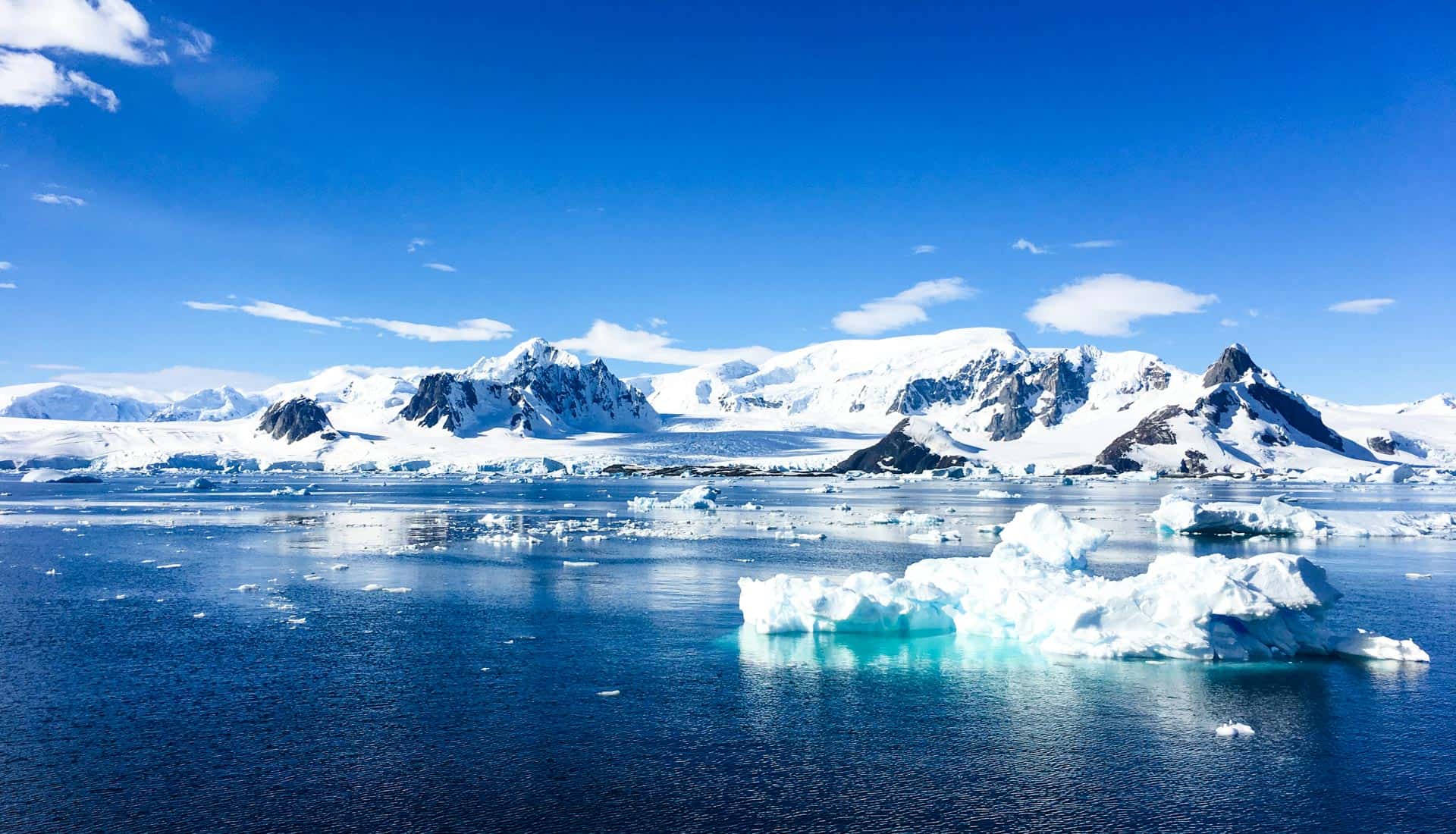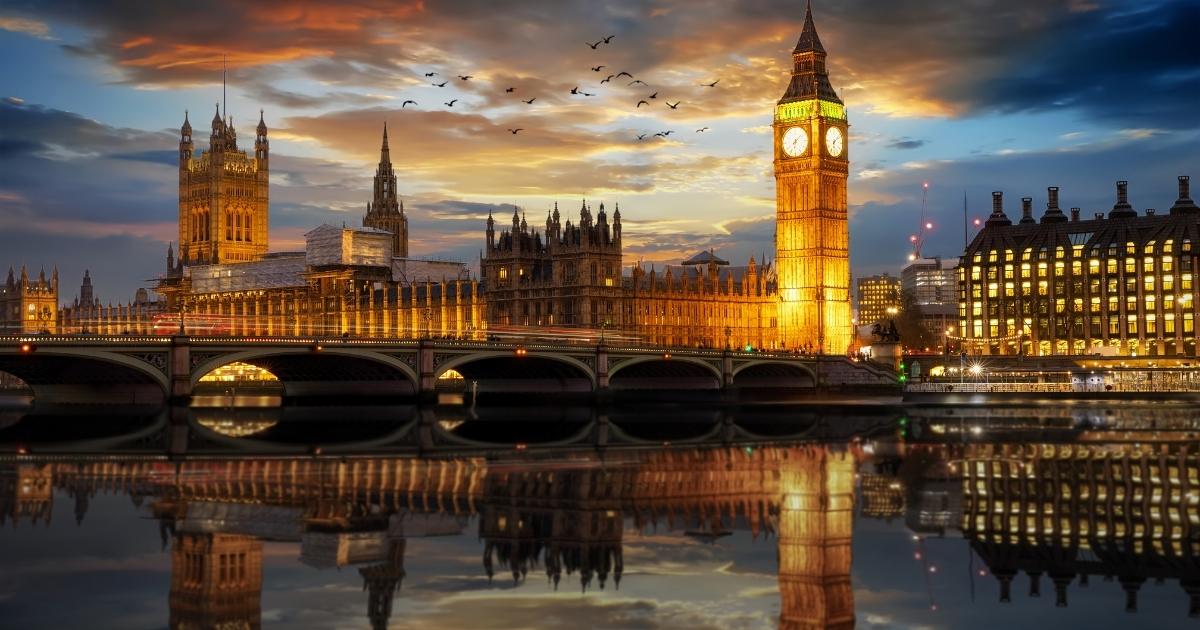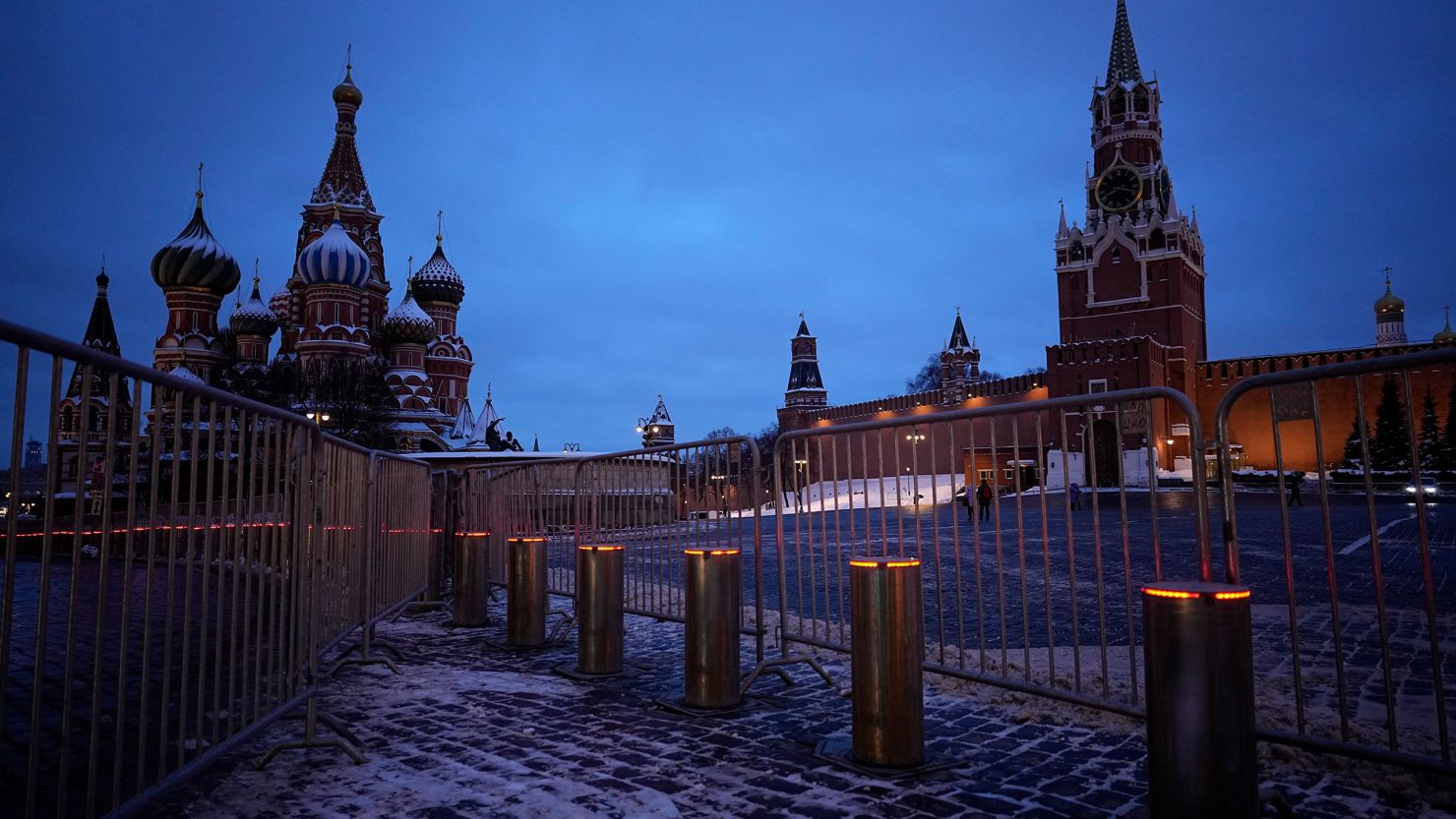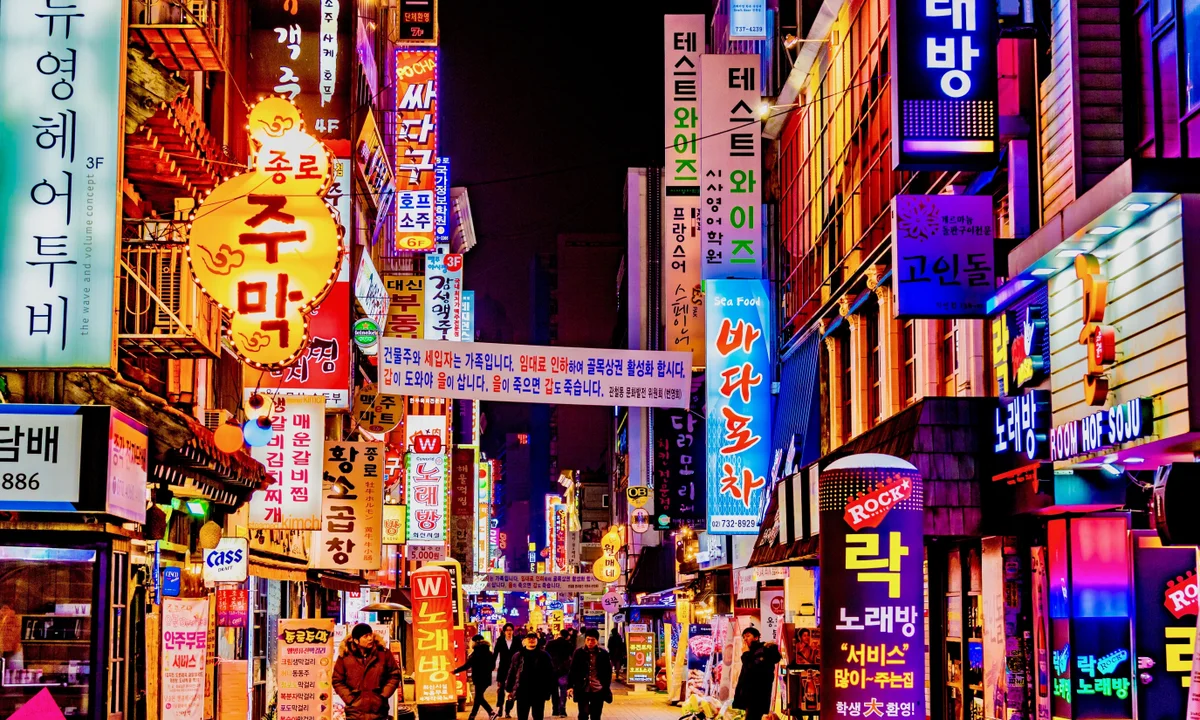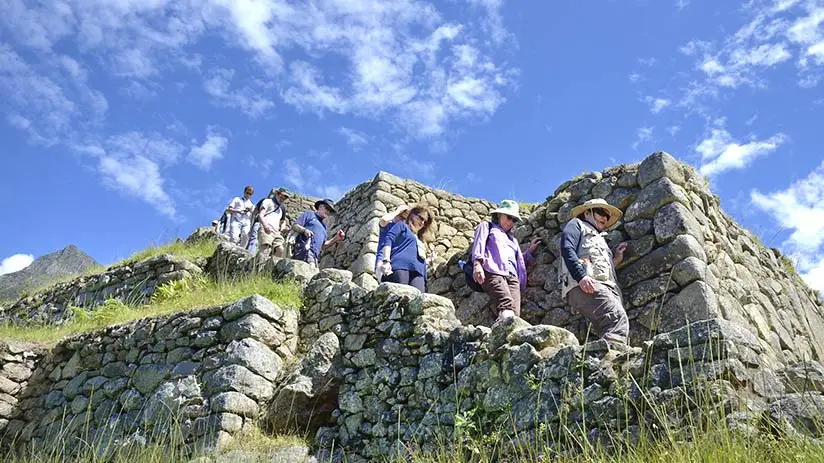
Traveling is no longer something physical crossing from point A to point B but rather it has become a part of the ground of being human itself, not going somewhere but dying, learning, connecting, and developing in oneself. Taking or accessing the social, emotional, and intellectual value of crossing borders, be it geographical, cultural, or personal.
With globalization, travel culture exemplifies one of the most highly important and transformative ways of life to and for many of its own, with regard to foreign environments as well as a manner of life and contribution to mutual knowledge, values, and tradition. And through such an intercultural exchange, people can understand and respect one another more. And in this way, travel becomes accessible to all who see that a visit such as this can be tolerant of difference as pages turn open.
This sojourn into traveling culture, hence speaks to travel culture through dimensions of traveler types, impacts of technology on travel, importance of sustainability in travel, and the more emotional, social, and intellectual impacts of traveling. We also have a list of Frequently Asked Questions that may very well answer many of your oft-questioned fears.
Different Types of Travelers and Motivations
Travelers are usually diversified in origin, interest, and purpose. All these different purposes make us richly appreciate the richness of living in this traveling culture.
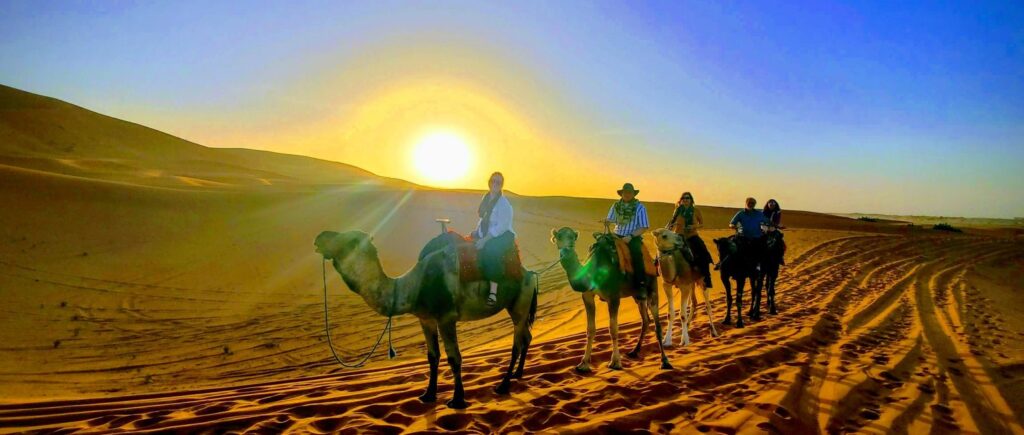
a. Leisure travelers
Business tourist’s Culture is not less than rest and recreation needs. Generally, they do not want to spend their time in routine pursuing stay patterns and would like to take a rest in the definite beautiful or marvelous places of the world. Typically, any impression of a place that travelers may have consists of either a beach resort or a five-star hotel. Yet in any case, travel of this kind is very far from sunbathing; sometimes it can even be quite an adventurous activity, safaris, city tours, etc.
b. Adventure Travelers
The inspiration of an adventure tourist is in the unknown and the excitement of discovering something. He or she wants to have a particular activity that is perceived to need to test his or her sense of adventure, such as Snorkeling, mountain climbing, scuba diving, or wild trekking. For most adventure tourists, it will be a cultural dimension of traveling-they will only learn this by contact with local populations found at off-the-beaten-path destinations.
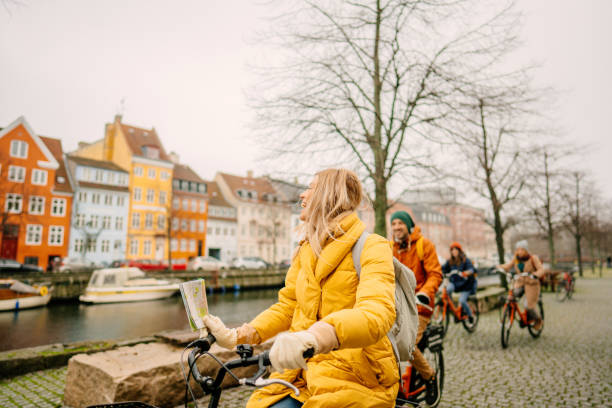
c. Cultural and Educational Travelers
These travelers enjoy the experience of cultures, history, and traditions of other people. They are interested in practical knowledge too like visiting a museum or historic sites, joining local festivals, language courses, or even cultural workshops.
Most business travelers are work-oriented overall, yet most of them enjoy using the time they stay in cities they have never visited before by seeking some time to learn the condition of the local situation. It would not be surprising that the “leisure” concept merging business with leisure is currently fast gaining much popularity, too.
e. Eco-Travelers
An ecotourist Culture respects responsible travels that don’t harm the environment. He finds his destination, accommodation, and activities that conserve resources, respect local people, and reasonably use resources. Eco-tourists are extremely sensitive to carbon footprints and can offer themselves to projects such as a wildlife conservation project or volunteer in an ecological reserve.
f. Backpackers
That will be equal to those travelers in the form of those tourists who are going to spend their whole holiday seasons for long periods in states characterized by very low budget holidays. They really look forward to aspects of cultural immersion; they are normally going to spend their evenings in hostels, guesthouses or homestays. Backpacking culture circles spontaneity, independence, and other adventures that allow the visitors being in touch with the way of life of the destination being visited.
Impact of Technologies on Tourism End
Millions of people today find technology has altered the culture as travelling is easy to do and convenient. During those days of the technologies, it is impossible for experiences these days to live in them since the latter is related with its procedures from booking a flight up to getting a path for navigation in cities.

a. Online booking and planning
All these might have been achieved much long time back in the past with the support of travel agency bookings along with guidebook usage. These days one can easily book tickets for flights, rooms as well as packages of tours at just a click of the mouse on platforms like Expedia, Booking.com, and Airbnb. The internet platforms allow readers to access the reviews, choose the best according to their affordability, and adjust according to preferences.
b. Social Media Influence
Perhaps, of all the changes that travel culture has provoked is the existence of social media like Instagram, Facebook, and TikTok through which travelers normally tend to share their experiences in real time as others move out to visit the place they are talking about.
Travel bloggers and other social media influencers also become a source through which general public opinion as to which destinations one should visit and how to travel can be influenced because, after all, they are essentially doing the same thing, and thus, give recommendations for places aside from some of the new hidden gems.
c. Travel Apps and GPS Navigation
Travel Apps Travelers have apps like Google Maps, Uber, and TripAdvisor which redefine the meaning of traveling or even the method through which one discovers a place. Navigation with a GPS provides confidence even to the most adventurous traveler as it goes about discovering towns and villages. Lastly, the use of translation applications such as Google Translate breaks all barriers of communication, thus making one converse with much comfortability with the locals.
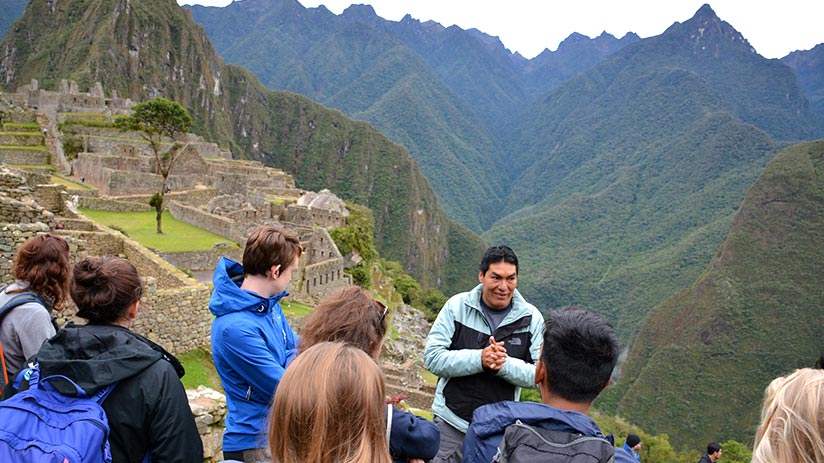
Sustainability Apps
Front-line technology has also advanced the uptake of sustainable travel. Such examples of apps are Ecosia, a search engine that is sowing trees from the earnings of advertisements, and Carbon Footprint, which computes your trip’s environmental footprint, making easy the consciousness of travelers who understand behavior and make wise decisions on how to minimize carbon footprint.
Increasing for Sustainable and Ethical Traveling
At present, it already plays a huge role in the culture of traveling, but on the other side of overtourism, so many destination websites are worse off because it causes environmental degradation, loss of cultural authenticity, and income inequity. So to balance this out, thus sustainable travel aims at practices that work for both the traveler and the destination visited.
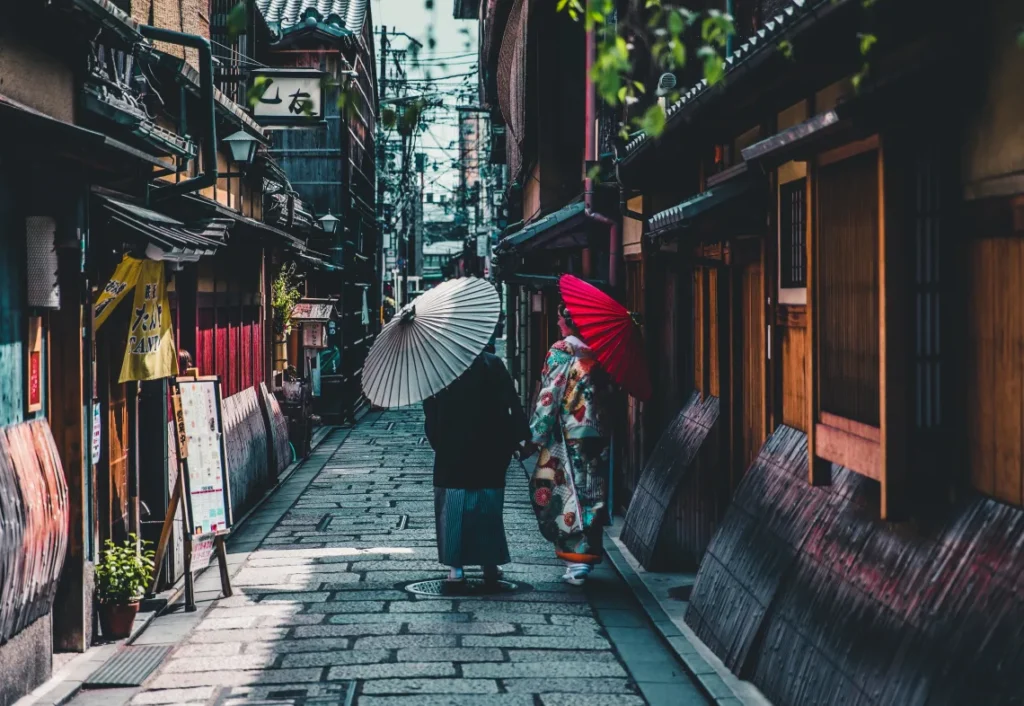
a. Environmental Sustainability
Travelers become sensitive to their influence and hence, allow more tolerance of environment-friendly accommodations, disposable plastics disposal, and transport means that utilize green transport. More destination areas enforce policies on green tourism since they attract visitors to take care of the local ecosystem in as subtle ways as possible: this is mostly done through understated wildlife interactions and waste management.
b. Cultural Heritage
Apart from protecting the environment, ecotourism contributes to the preservation of the cultural heritage. It encourages respect for customs and traditions by the visitors where such culture demands, respect sacred places. In the process, it indirectly boosts the local economy by the sales of handicrafts or paying for accommodation owned by locals. Therefore, such tourism ensures that local communities benefit from the tourist activities without being marginalized.
c. Economic Impact
Responsible tourism should then ensure that tourism generates money for the host community due to buying from local sellers. Sustainable travel establishes enough return on investment, local income-generating activities, and community-initiated projects. Tourism will therefore spur the local economy.

Emotional, Social, and Intellectual Benefits of Traveling
This, apart from economic and environmental considerations, is traveling culture; it has given emotional, social, and mental benefits. It brought experiences that implanted people with growth experiences, acquaintance transcending cultures, and the refreshment of emotions.
a. Personal Growth
Travel always makes a person step out of his comfort zones and into new challenges and experiences. Fighting with a foreign language or trying to understand unfamiliar customs can be translated into peculiar situations that one may not have quite contemplated. A traveler learns to be resilient and adaptable in quite a quick manner but also learns to use one’s problem-solving skills, by way of reaction to adverse situations. All these stir a rise in self-confidence and independence.
b. Cross-Cultural Understanding
At its lowest rung, travel helps preserve the potential for vulnerability and exposure to other cultures; that it provokes sympathy and toleration for other perspectives. Being subjected in a world accustomed to life far more different increases exposure to know what misunderstanding and creates amity. Traveling increases the view of problems cutting across the human heart and shared heritage of man.
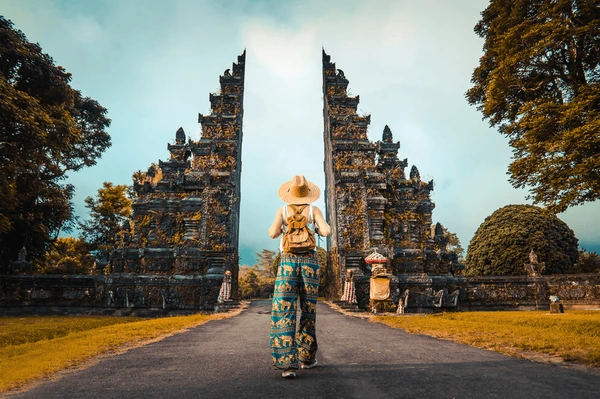
c. Emotional Rejuvenation
Most traveling is planned to break free from the usualness of daily routine tasks. The intake in the new environment is, for most travelers, breaking free from distractions that lighten up their emotional worlds. The aesthetic beauty of the scenery, the thrill of discovery, or the serenity felt in quiet surroundings will help polish the fuzzy cloudiness and dullness of body and soul by rejuvenating them.
d. Intellectual Enrichment
Travelling is the best mode to go on learning curve. Every history, architecture, art, and culture frames the dimension of knowledge. Most travelers are learners: participating in a visit to the museum and guided cultural tour or fully immersing one’s language to read more about the world.
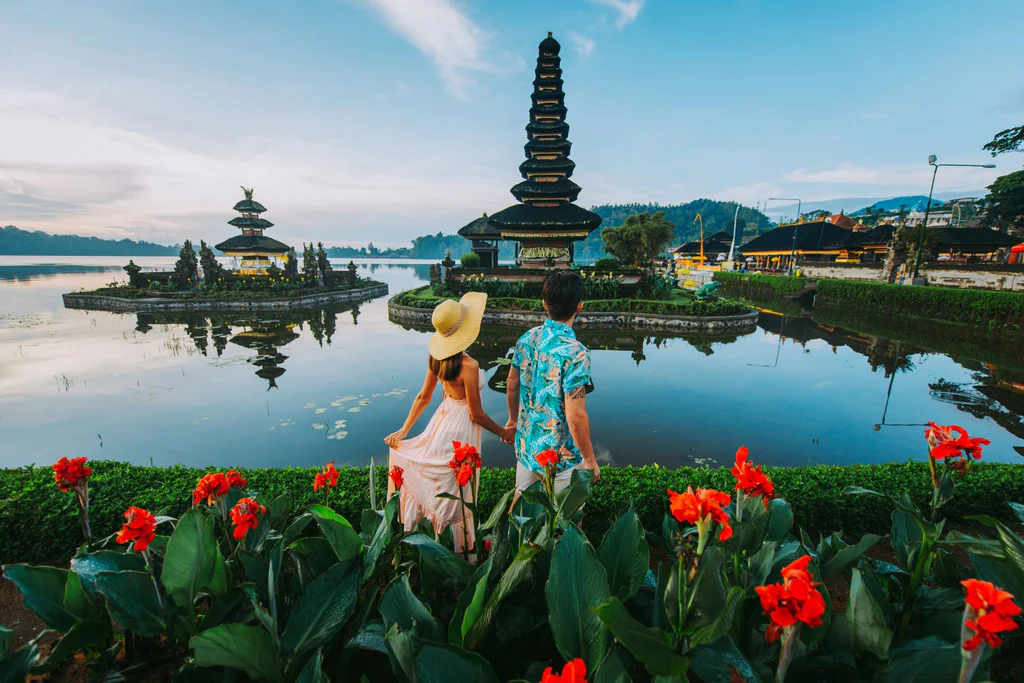
FAQS About Traveling Culture
- Best tips for first-time travelers?
Preparing for the very first trip. Academic research on the destination; smart packing: only what is necessary, reading local customs and rituals; copying everything worth knowing in the form of duplicates, not to forget the travel insurance, and die at your own hands, be open-minded to new experiences, have your wits about you.
- How to travel responsibly?
Travel sustainably-by reducing carbon footprint using public transportation and eco-tourism airlines; avoid using single-use plastics; sleep in locally owned accommodations; respect and reduce waste created by local flora and fauna, as well as their surroundings; meanwhile, contribute to community-based tourism project.
- How would you react to cultural shock?
Of course, yes. Culture shock is sure to happen once you travel to a new place. Open your mind, do research about the local customs, and be patient with yourself. Engage, talk to locals, ask questions, and gradually take part in experiences as you adapt.
- Are you feeling safe traveling alone?
No, travel solo is safe if one is cautious. Do your homework on the safety of your destination; let somebody know about your plans; exercise judgment and discretion; and avoid those situations that could place you in harm’s way. Most travelers have the experience of very rewarding and empowering.
- What would you do to get acquainted with the locals while traveling?
Attend local functions, eat in the local restaurants, learn a few words of the local language, and respect the customs and traditions of the locale. The best ways to reach the community will include homestays, guided cultural tours, volunteering, etc
- What are the challenges of eco-tourism?
Eco-tourism is challenging because most destinations do not have infrastructures and facilities; it is pricey; and one has to make additional effort not to waste anything. Most of these place greater value on their benefits like minimal environmental impacts and cultural revelations.
- What is the best destination for cultural travel?
Some good cities one could use for cultural traveling include but not limit themselves to, Kyoto from Japan, Rome from Italy, Fez from Morocco, and Cusco from Peru, and so many more that expose those places that are rich in history and culture, from ancient architecture to traditional arts and food even up to wear and tear customs.
Conclusion
Travelling culture is not tourism; it is an inevitability while living, developing and relating human nature. Be it for learning some new thing, adventure or even experiencing some relaxation, this always enriches life by opening many horizons and widening the outlook of life, better understanding among people and the world turns into a single village. And so, the sensible conscious responsible traveler ensures long-term sustainability and accessibility of this beauty and wonder of our world.

